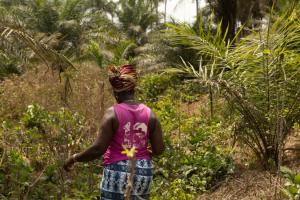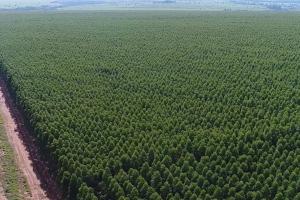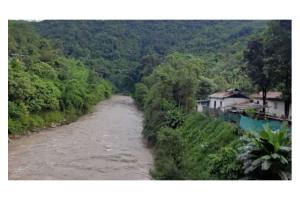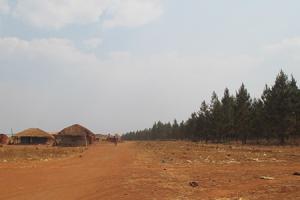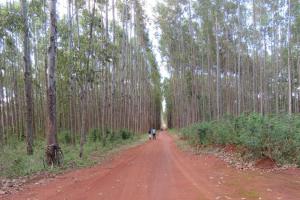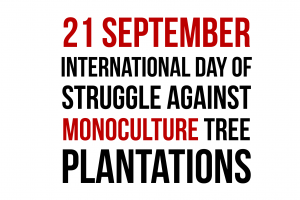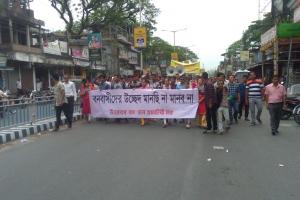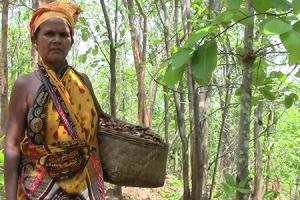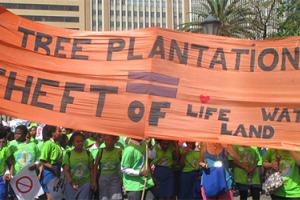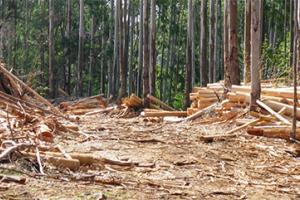Carbon Storage
Monoculture tree plantations are said to provide the “ecosystem service” of carbon storage, which is promoted as a solution to halt climate chaos. But carbon is only stored in the trees for a short time, until they are cut down. Therefore, relying on plantations to store carbon is a false solution to avoiding climate chaos. Carbon offset plantations allow polluting companies to continue burning fossil fuels.
On the frontlines of the promotion of monoculture tree plantations as a solution to the climate crisis, families affected by tree plantations in Mozambique, Tanzania and Brazil, have once again denounced the serious impacts on their lives and the environment.
In June 2019, a report from the AfDB and WWF Kenya made a call to development-funding agencies, mainly from Europe, and the World Bank, to provide aid money to a new Fund for financing 100,000 hectares of (new) industrial tree plantations, to support the potential development of 500,000 hectares, in Eastern and Southern Africa.
It is a day for organizations, networks and movements to celebrate resistance and raise their voices to demand, “Stop the Expansion of Monoculture Tree Plantations!"
A long cycle of state repression in India now sees new amendments to the colonial Indian Forest Act which would not only make forest bureaucracy more powerful than ever, but would also de facto put an end to the landmark Forest Rights Act.
India’s programme to compensate for the destruction of forests for development projects is routinely setting up monoculture tree plantations on community commons. Women, who are mostly affected, are at the centre of its resistance.
This article gives an overview on the industrial tree plantation expansion threat in eastern and southern African countries, its external drivers, as well as the challenges this expansion presents to affected communities struggling to defend their land and livelihoods.
Download the publication. Also available in Swahili.
